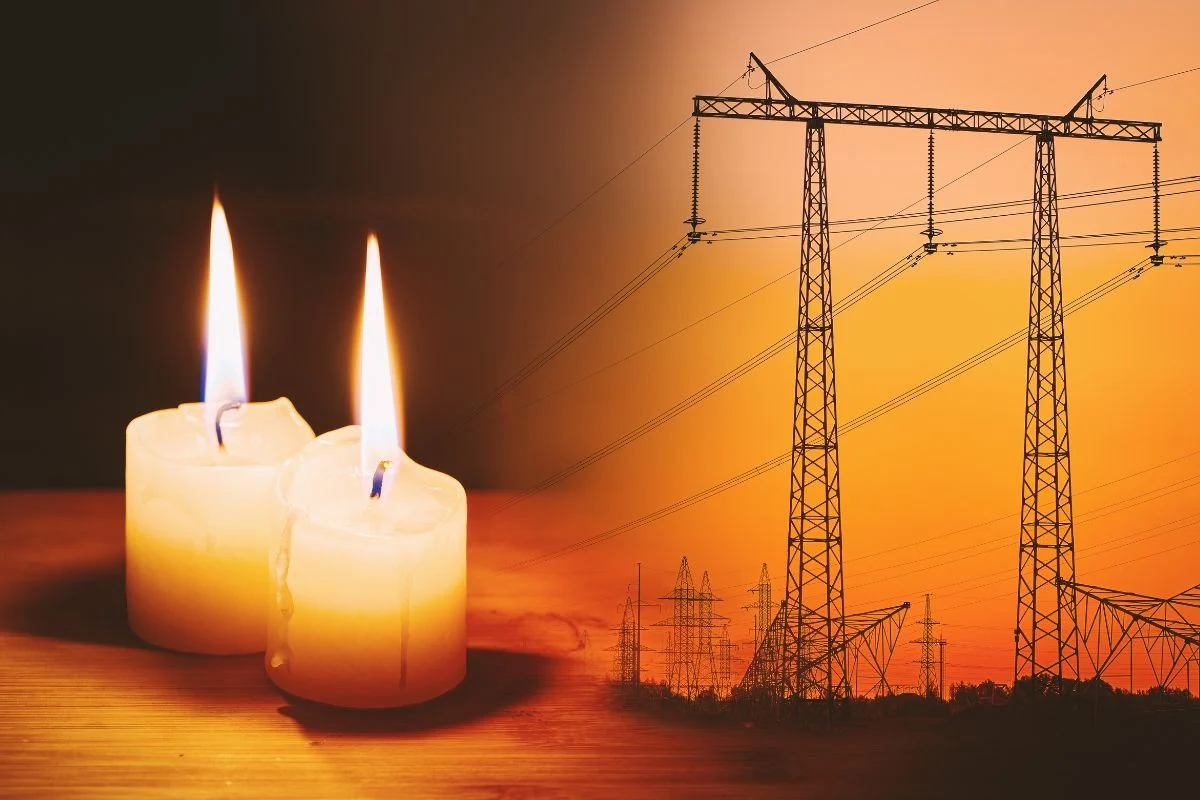The Pretoria High Court Pretoria has ruled that all hospitals, clinics, schools and police stations should be exempt from experiencing rolling blackouts, also known as load shedding.
In a ruling passed by Judge Norman Davis, South Africa’s department of public enterprises Pravin Gordhan is ordered to “take all reasonable steps” within 60 days to ensure that public health establishments, state schools and the South African Police Service are not affected by load shedding.
The judgement comes on the back of a campaign by the United Democratic Movement (UDM), Inkatha Freedom Party, Action SA, the National Union of Metalworkers and other organisations to spare hospitals and clinics, 23 000 public schools and police stations from load shedding.
In its defence, Eskom argued that it would be technically impossible to isolate and exclude some buildings from load shedding, given how embedded they are in Eskom’s transmission and distribution networks, and that they share distribution lines with thousands of other customers.
In the other part of the case, whose ruling was reserved for September 23rd, the plaintiffs seek to declare the Cyril Ramaphosa-led government’s response to loadshedding as unconstitutional and breaching a number of fundamental constitutional rights.
Some experts have however argued that the exemption of some institutions from load shedding could lead to a collapse of the national grid. Andre de Ruyter, former CEO of Eskom, explained that the facilities of exempted institutions are embedded in distribution networks containing other residential and non-residential loads.
“Given the very large number of institutions and facilities the applicants seek to protect from load shedding and the fact that most are embedded in distribution networks spread throughout the country, were they to be excluded from load shedding, there would be very little load left to shed to reduce demand on the grid. This presents a manifest risk of grid collapse or blackout,” De Ruyter said.
To account for that case scenario, the high court ordered that where it’s impossible to isolate embedded buildings and spare them from load shedding, the department should ensure that generators and other alternative energy sources are secured to ensure uninterrupted power.



















